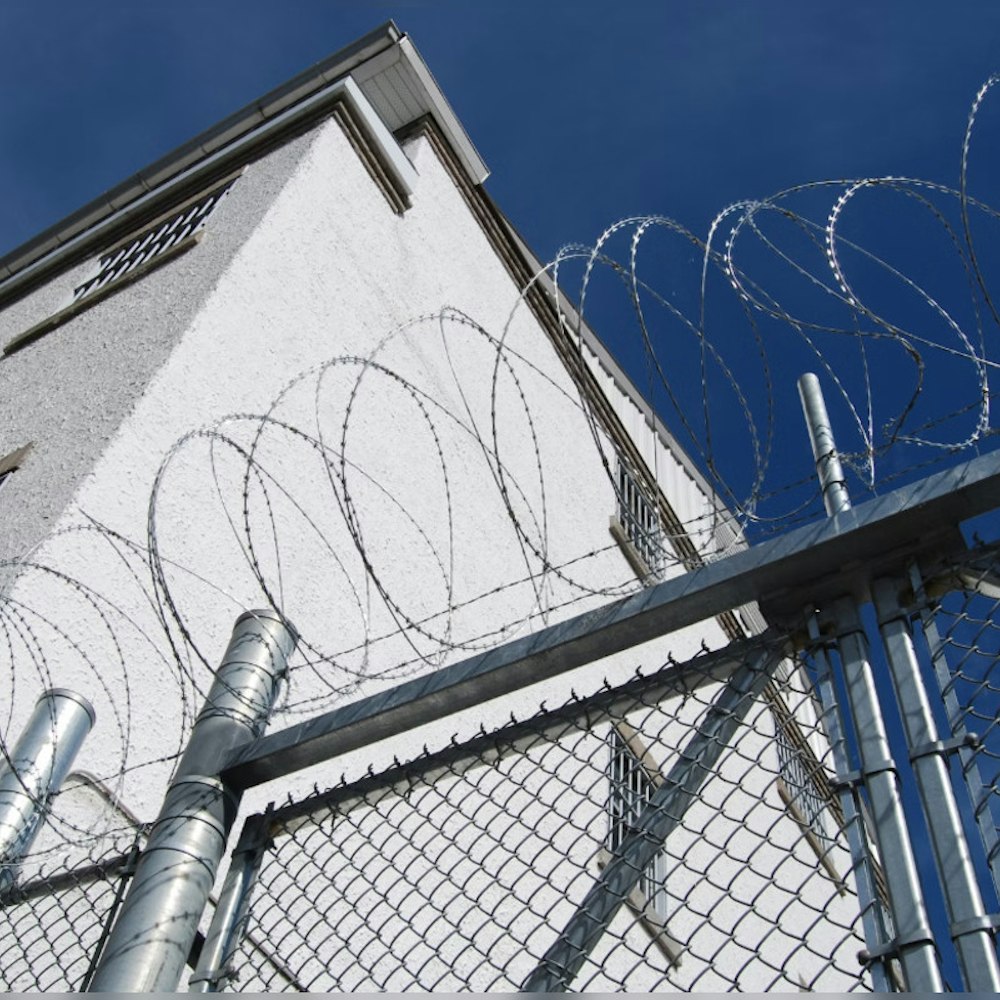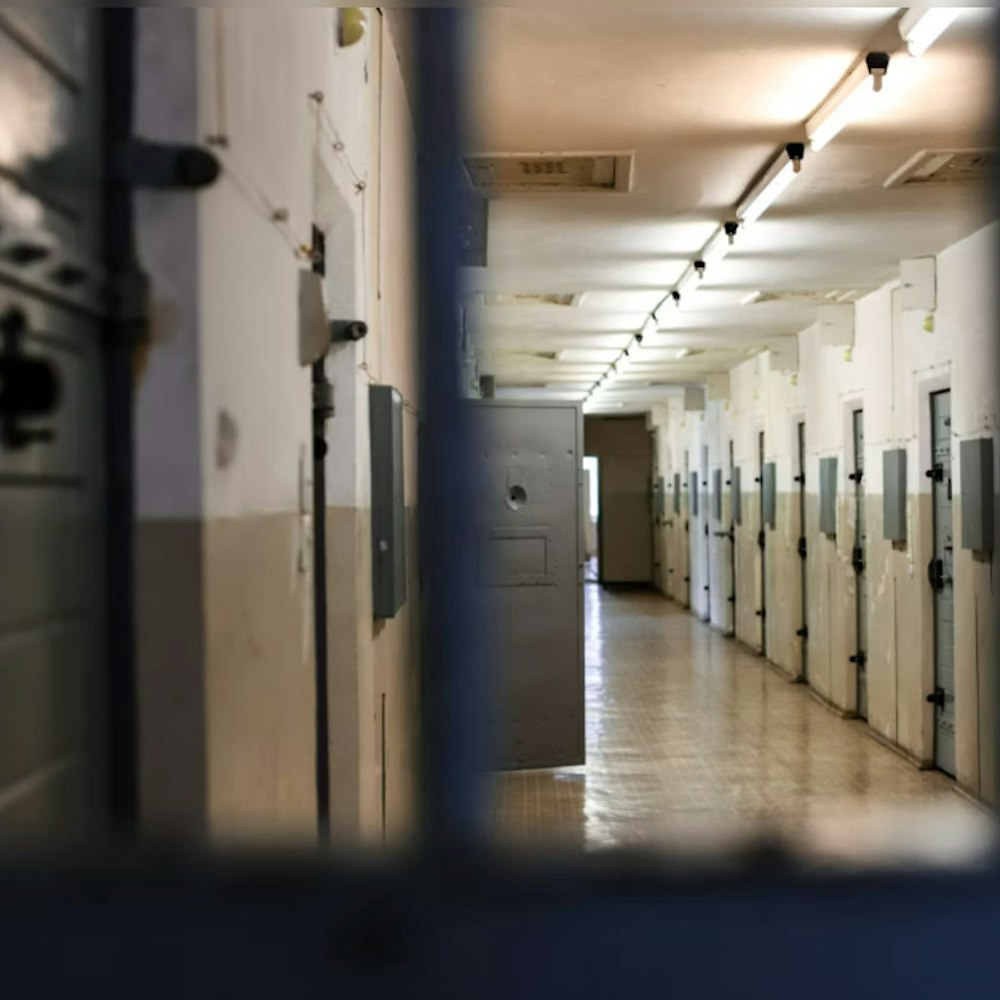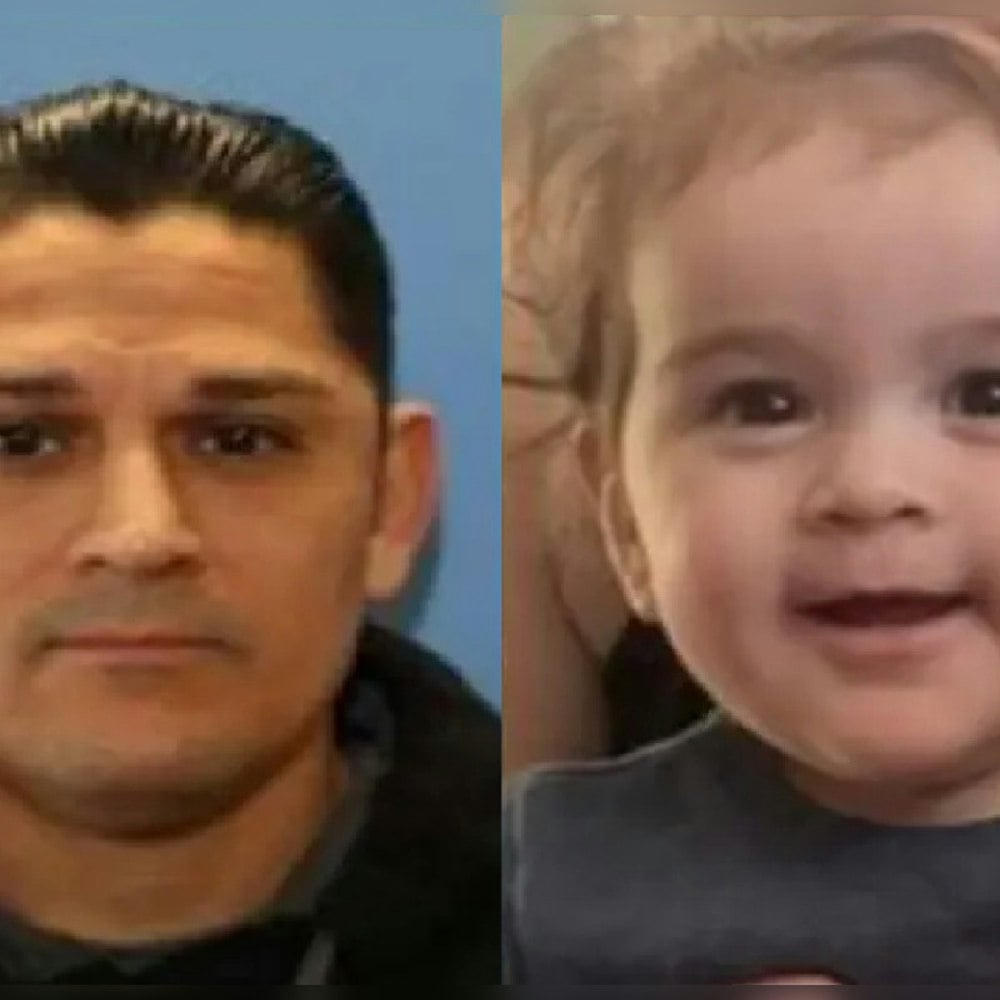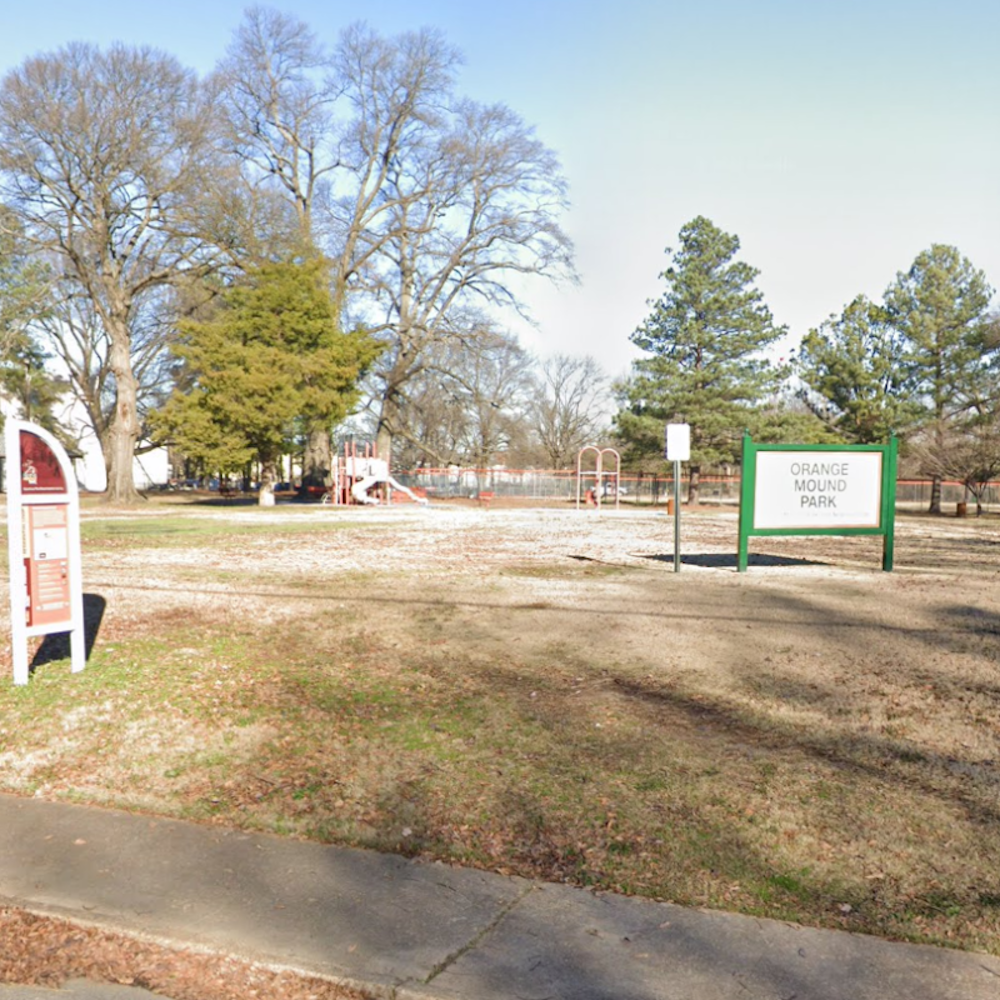
Civil rights groups have recently accused at least 71 California law enforcement agencies, including those in Santa Clara, Contra Costa, and Marin counties, of violating state law by sharing sensitive automated license plate reader (ALPR) data with out-of-state agencies, especially those in states with restrictive abortion legislation, as reported earlier by The Sacramento Bee. This alarming revelation has raised concerns over privacy rights and has spurred these civil liberties groups to issue letters demanding that these law enforcement agencies stop sharing license plate data by June 15, or risk facing legal action.
The Electronic Frontier Foundation (EFF) and the American Civil Liberties Union (ACLU) chapters for Northern and Southern California have teamed up to address this issue, revealing that their investigations through a series of public records requests found that these law enforcement agencies have been providing out-of-state agencies with license plate data, potentially placing out-of-state abortion seekers at risk, which is a clear violation of state privacy laws, as reported on by the San Francisco Chronicle.
ALPR data contains sensitive information about people's whereabouts, including where they live, work, and seek reproductive health services or other medical care, which could be exploited by anti-abortion states targeting individuals who are in need of such services. Jennifer Pinsof, EFF staff attorney, stated that "ALPRs invade people's privacy and violate the rights of entire communities," adding that this kind of information sharing undermines California's extensive efforts to protect reproductive health privacy. She particularly highlighted a 2022 law, AB 1242, which aims to protect out-of-state abortion seekers from criminal reprisal from their home states.
It's important to note the broader implications of the Supreme Court's decision last year to overturn Roe v. Wade, as reported by ABC News. This landmark ruling removed federal protections for abortion rights, leaving it up to individual states to determine their own stance on the topic. Since then, states in the West and Northeast have attempted to strengthen reproductive rights for their citizens, while others, particularly in the South and Midwestern regions, have moved to restrict or outright ban abortion care.
With the ongoing issue of sharing ALPR data with anti-abortion states, the possibility of California residents' information being used to track those seeking or providing abortion services has ignited concerns among privacy and civil rights advocates. Sharing such information potentially exposes millions of individuals to legal repercussions from their home states if they seek abortion-related services outside their own state borders.
The list of law enforcement agencies being targeted by the EFF and ACLU spans across various counties in California, including Contra Costa, El Dorado, Fresno, Humboldt, Imperial, Kern, Kings, Los Angeles, Madera, Marin, Merced, Orange, Placer, Riverside, San Bernardino, San Diego, San Joaquin, Santa Clara, Solano, Ventura, and Yolo counties, among others









